Townhall Times In Bihar, just before the elections, the Election Commission is conducting an unusually rushed and intensive review of the voter list. Opposition parties, in one voice, are questioning both the timing and the provisions of this exercise. There is growing concern that this process could disenfranchise not just thousands or lakhs, but crores of voters.
The real danger lies in the design of this process itself: it threatens to strip people not just of their right to vote, but ultimately their right to citizenship. As critics argue, this fits into the broader BJP and RSS agenda: through NRC and similar processes, they aim to label the country’s SC, ST, Adivasi, Muslim, and backward caste populations as “foreigners” in their own homeland. It is crucial not only to understand this plan but also to actively resist it.
Legal Need for Voter List Review — and the Hidden Plot
By law, the Election Commission does have the authority to review voter lists. This is meant to remove names of deceased persons or those who have migrated and to add new eligible voters. After publishing the draft voter list, the eligibility of proposed voters is reviewed under Article 326 of the Constitution and Sections 16 & 19 of the Representation of the People Act, 1950.
But in Bihar, the way this process is being implemented reveals a deeper conspiracy.
Impossible Documentation: Who Can Really Comply?
Let’s look at an example:
-
Voters born before July 1, 1987:
Must produce a document proving date and place of birth.
→ Importantly, Aadhaar or Voter ID is not accepted; the document must have been issued before July 1, 1987 by the government or a recognized institution.
→ For Bihar’s largely illiterate and extremely poor Dalit and Adivasi communities, obtaining such documents is nearly impossible. -
Those born between July 1, 1987 and December 2, 2004:
Must produce documents proving their own and either parent’s date or place of birth. -
Those born after December 2, 2004:
Must submit documents for themselves and both parents.
Ground Reality: Poverty & Illiteracy in Bihar
-
Among Dalits: 71% are illiterate; only 4% have graduated or studied beyond.
-
Among Muslims: literacy rate just 56%; in higher education (Gross Enrolment Ratio):
-
Men: 6.13%
-
Women: 5.90%
-
Total: 6.39%
-
Imagine how difficult it will be for such a massive, marginalised population to gather these documents quickly — especially given poverty, unemployment, migration, and frequent natural disasters like floods, which often leave families with nothing, not even utensils, let alone documents.
The Real Aim: Worse Than NRC
All this is justified in the name of filtering out Rohingya and Bangladeshis, but the real blow will fall on the weakest sections of Indian society.
Once someone is branded an “illegal immigrant,” the Enemy Property Act allows the government to confiscate all their assets.
Remember: this law was created before the Citizenship Amendment Act to enable exactly such a move.
Why SC, ST, OBC, and Muslims Should Worry
The real objective of NRC and the citizenship law was never only about migrants; it was to brand India’s Dalits and backward castes — who are historically and genetically the real natives — as foreigners.
Obviously, it isn’t possible to physically expel crores of people. Instead, the aim is to keep them here, but as second-class citizens or even slaves.
In effect, a handful of elites would turn 90% of the population into their subjects — this is the modern Ram Rajya and Manusmriti in practice.
Why Is the Public Silent?
Much of the public remains silent, distracted by religious events and Kanwar Yatra.
When there were nationwide protests against the citizenship law and NRC, the BJP convinced Dalits and backward castes that these laws targeted “only Muslims.”
But these same Dalit and backward communities do not see that their own necks are also on the block — only the sword is hidden for now, ready to fall when the time comes.
Conclusion: More Than a Legal Exercise
This is not merely a bureaucratic or legal procedure.
It is a direct attack on Indian democracy, equality, and the fundamental rights of millions of citizens.
Understanding and resisting this attack is not optional — it is essential for the survival of constitutional values.
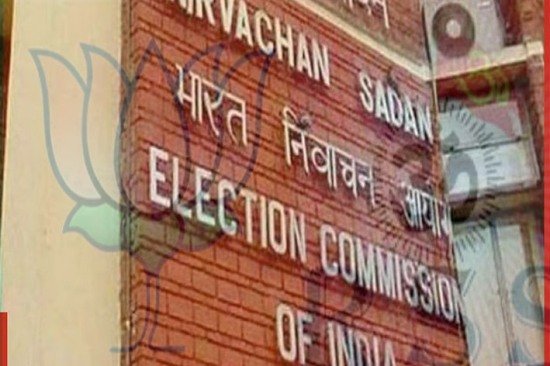
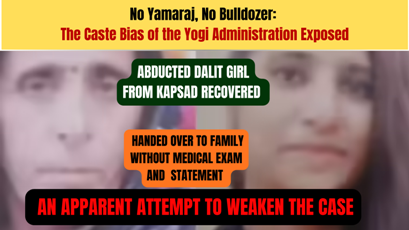
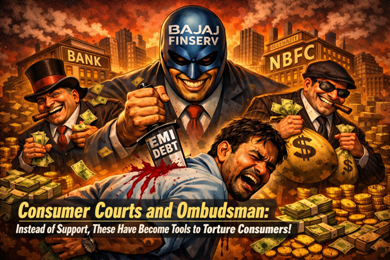
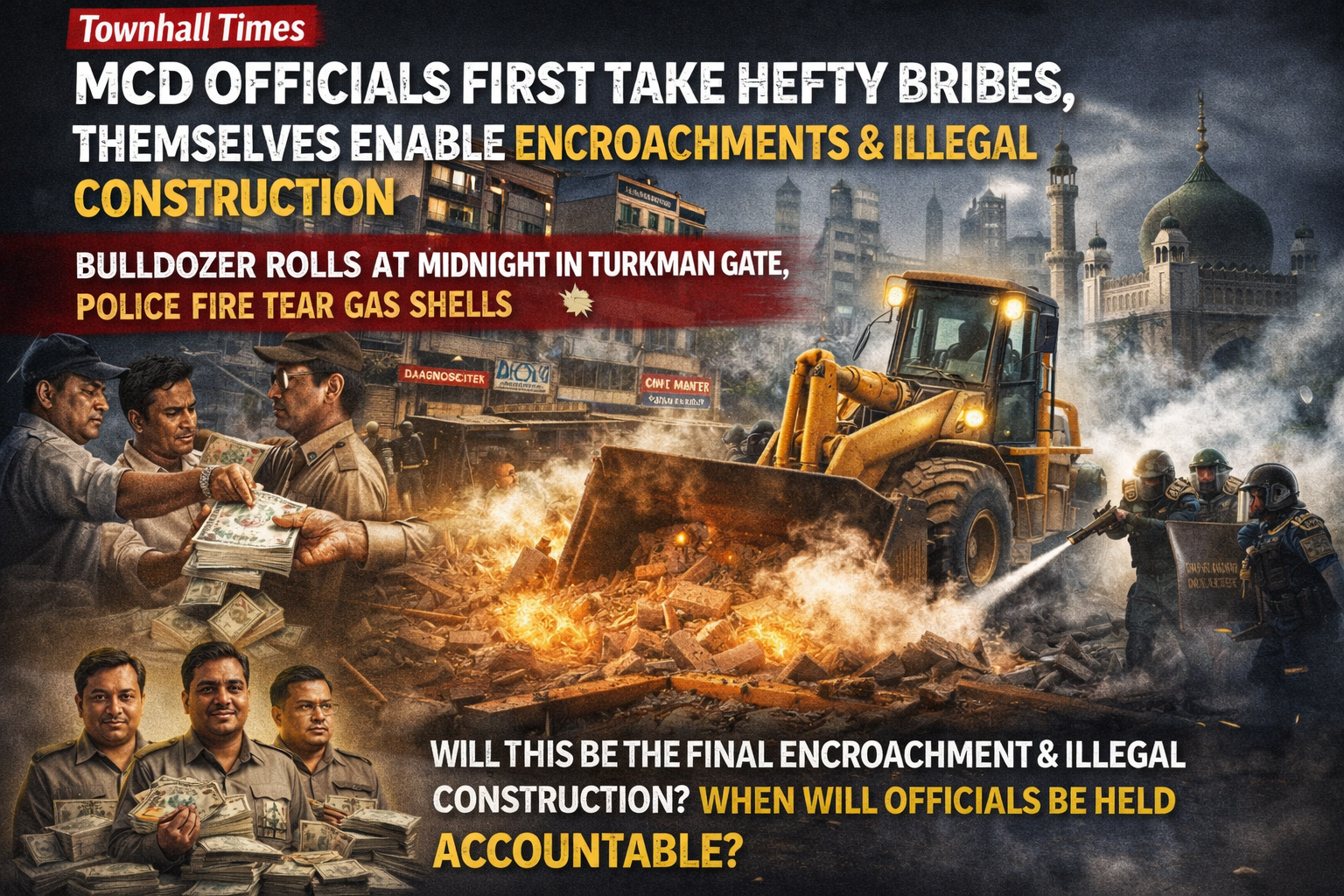
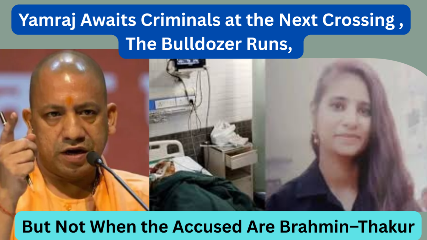
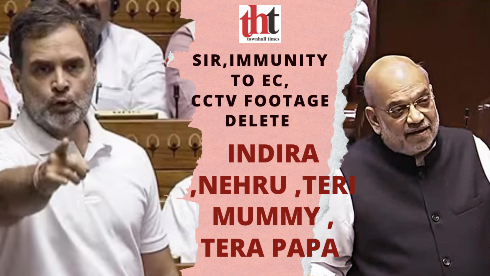
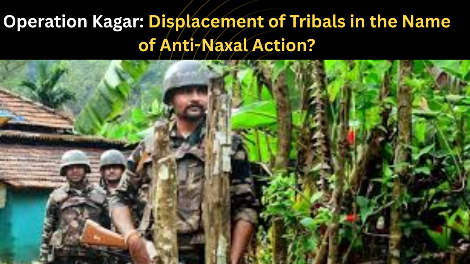
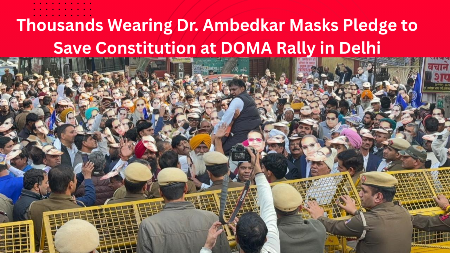
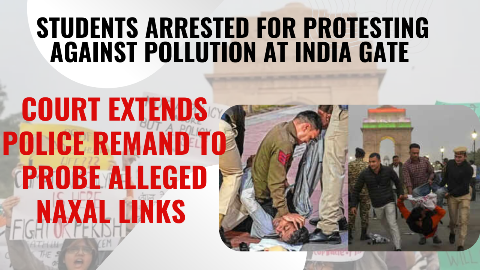

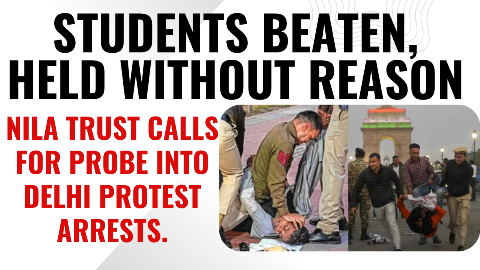
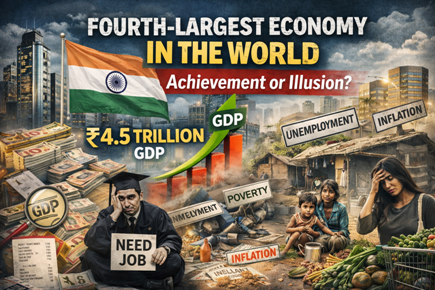
Leave a Reply